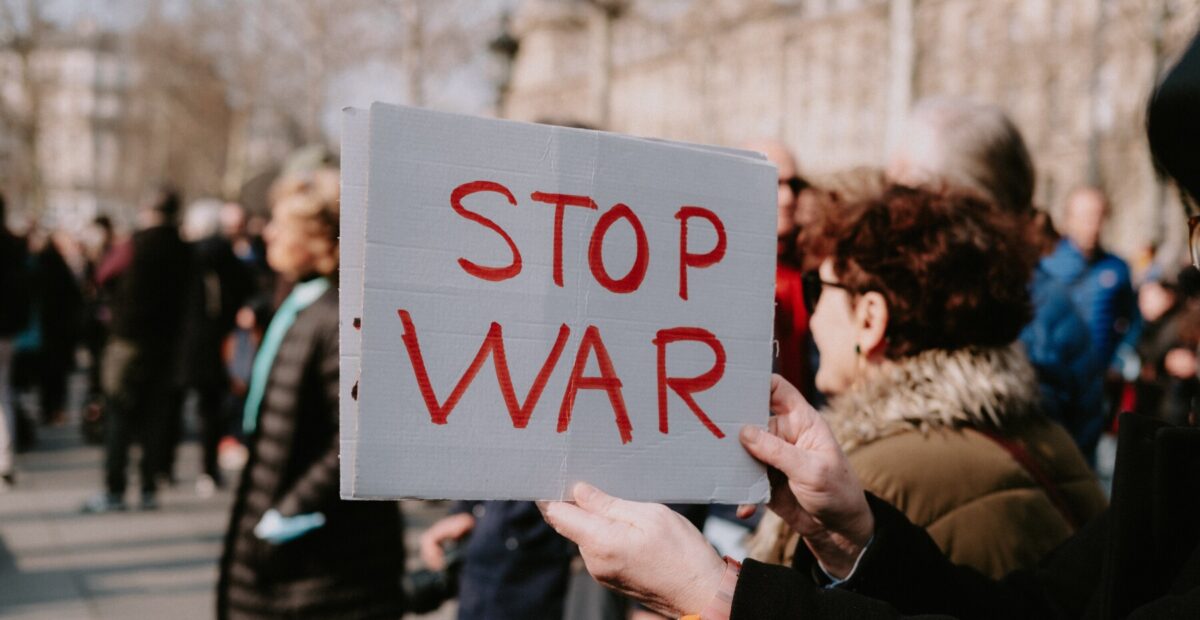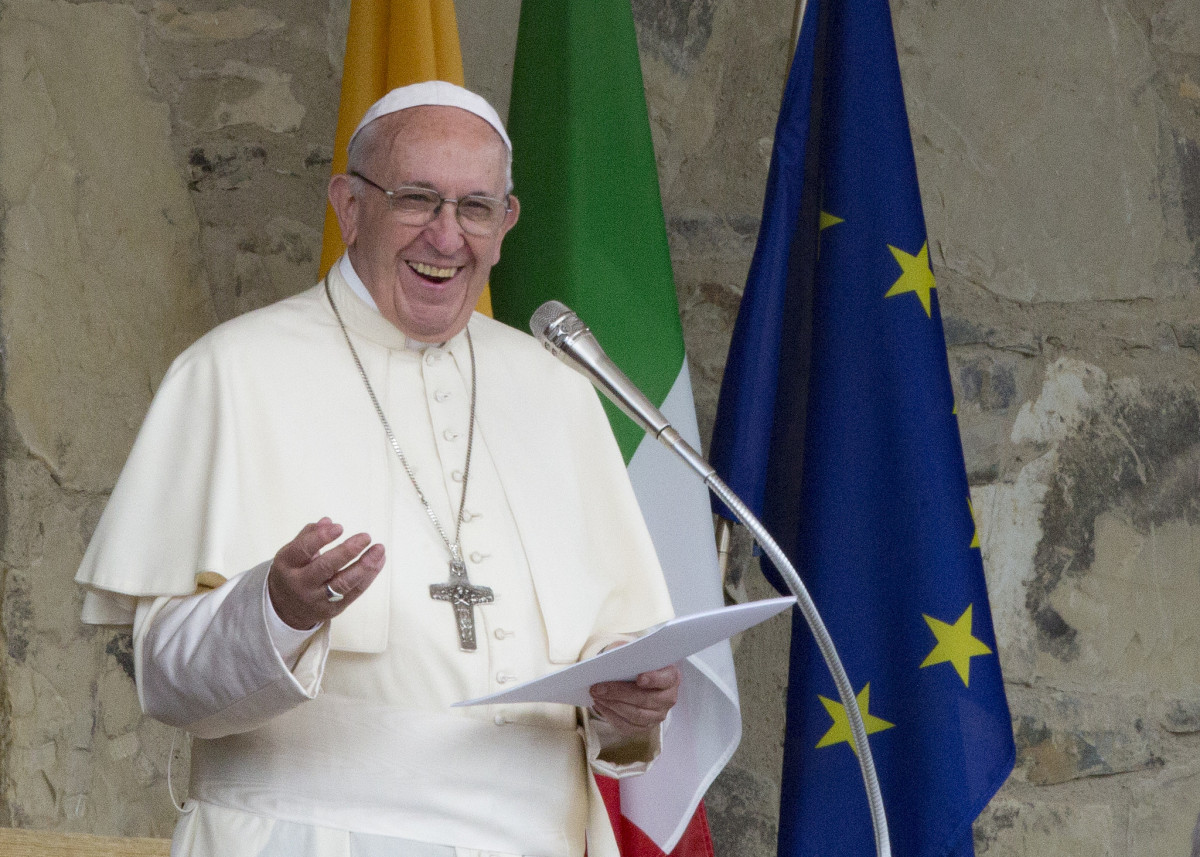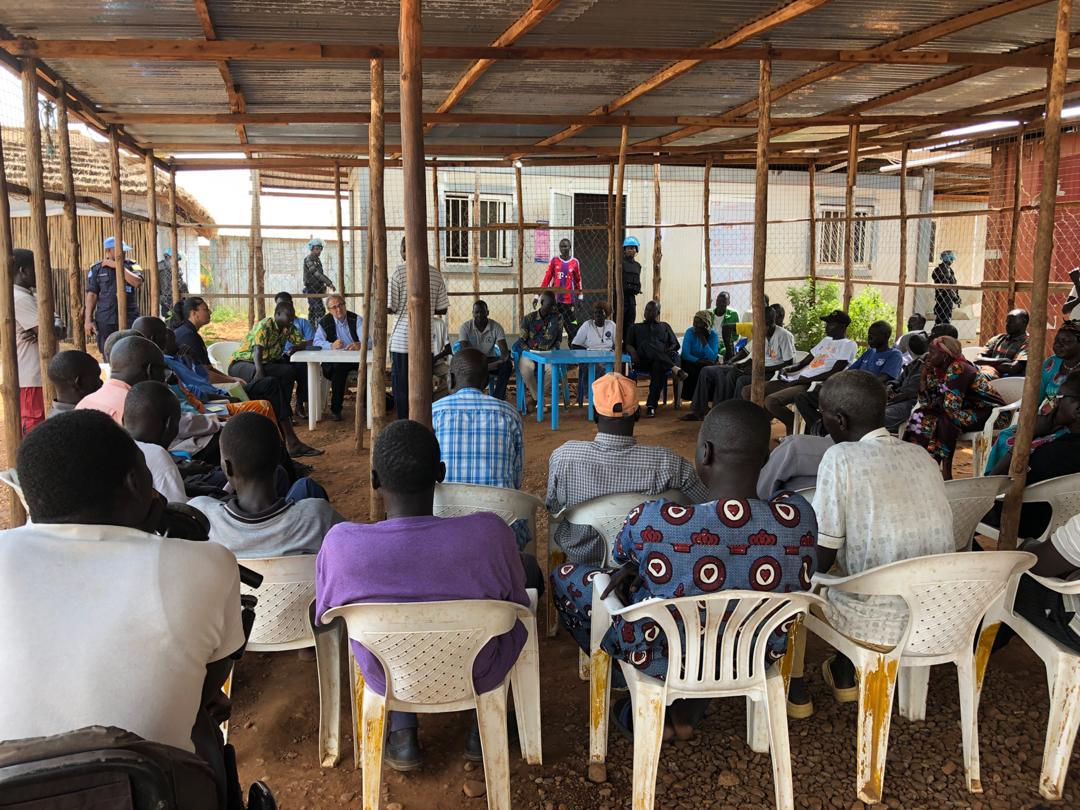
Watch
Peace as the only option, international Mppu appeal

15 NOVEMBER 2023 BY Maria Bencivenni, Spirito Oderda
The roots, method and purpose of the appeal promoted on a global scale by the political Movement for unity, together with a trace for reflection, affirm: “No more war in the world, no more children at war: through the eyes of mothers and fathers, a political way out for peace”.
«In the face of the current tragedy in the Holy Land, we, as politicians of the Mppu and as part of humanity, beg all the victims to forgive us, for doing so little in the search for peaceful political solutions for what lies at the root of the current conflits».
Thus starts the appeal for peace in the Holy Land that the Political Movement for Unity has decided to launch at a global level as “an international network of politicians, officials, diplomats, students and researchers, activists in parties and civil society from 22 countries on 5 continents, committed to building a more fraternal, just and egalitarian world”.
The Mppu is an expression of the Focolare Movement, born in Trent in 1943. “They were war times…”, under the bombs of the Second World War. A stream of people who had given life, in that storm, to an extraordinary experience of fraternity projected towards a greater dream: universal fraternity.
In today’s world, tremendously torn in several parts by what Pope Francis called World War III in pieces, we who embraced and made ours that dream find ourselves having to reaffirm it with all our strength and with the greatest confidence.
Recognizing in politics the place of many decisive decisions towards a harmonious coexistence or towards disunity and clashes, the founder of the Focolare Chiara Lubich, who of that dream was the first witness and teacher*, in 1996 gave life to the Political Movement for Unity: a “workshop” founded to generate in the place par excellence of clashes and contrasts, a new dynamic that brings diversity to interact in a virtuous manner, with the common good as a priority and the weakest in the first place. A political action that, by consciously assuming its task and responsibility, from the closest levels up to parliaments and international forums, aims to create the conditions for the world to live in peace.
The Political Movement for Unity is today present, as mentioned, in 22 countries on 5 continents and is coordinated by an International Center that, in these new “times of war,” has felt, like many others, particularly challenged and also urged from many sides to speak out.
An extensive and articulate work that required a few weeks to conclude followed. The “fraternal” dynamic with which we confronted each other was very significant, arriving at common formulations even from distant positions, always keeping in mind the victims of the current wars, the fragile, the children, to whom we can only ask forgiveness for this insane vortex of violence that does not stop. The sensitivities, the points of view, and the positions of the various parts of the world are very different, but there was a strong desire, precisely on peace, the priority of politics, to converge in a document that would express everyone.
It is not a writing exercise or a statement of nice ideas, but a political document on the values and essence of politics and its instruments, a politics able to build non-violent solutions for the current conflicts, establish bridges of dialogue, and recompose the rifts between people. We wanted to strongly affirm the repudiation of war as a political instrument.
We haven’t certainly forgotten that, at the same time, a fundamental contribution towards the building of peace is due from each of us in our daily actions.
Out of this ‘worldwide’ sharing (probably one of the first experiences of this kind), two texts emerged, an Appeal and a reflection card, which we propose publicly.
They aren’t brief texts, as we considered it important to be able to express this thought more comprehensively. We are aware that there are many realities in the world far more recognized than Mppu to speak out on peace, and we are all the more aware of not possessing the capacity for a significant ‘media influence’. But we consider that these two documents – expressions of a commitment to act and inspiring strong political choices – can build a basis for in-depth analysis, reflection and action, a reference to work for peace, research, training and influence to promote a new political culture. A platform for developing peace through politics.
To largely diffuse the contents of the Appeal we imagine that slimmer forms will be used and also different ways of communication. In the meantime, the platform to collect the signatures from those who wish to subscribe to it has already been activated.
There is one thing we consider important about this experience: the methods of implementation, the sharing at a global level (“making processes of political influence collectively”, says the president of the International Centre Javier Baquero) a method we would like to see become an example for moving forward also in the future, from the perspective of our dream and its progressive implementation: universal fraternity. Through a policy serving the unity of the human family. Without any other interest.
* In 1996, Chiara Lubich was awarded the “UNESCO Peace Education Prize”
www.mppu.org
Source:






